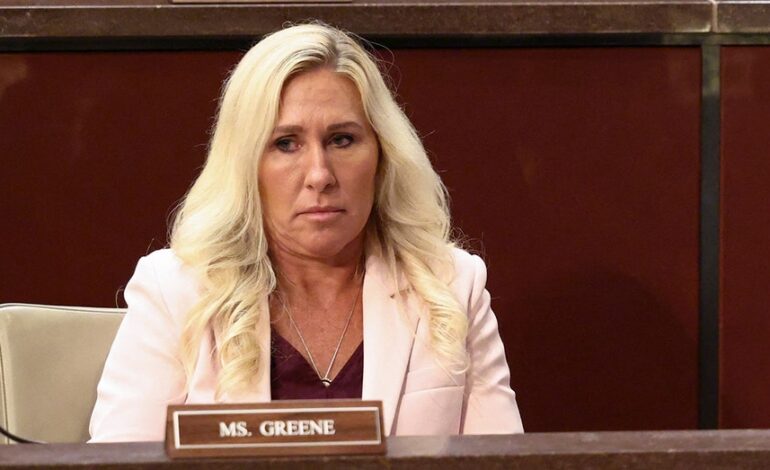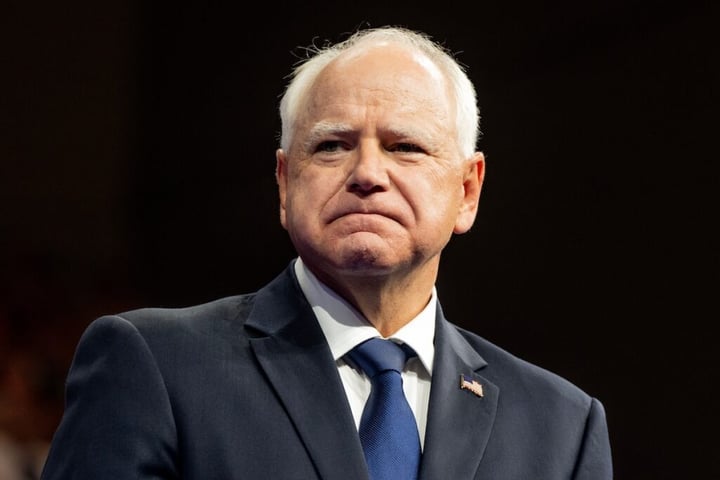Trump Proposes 600,000 Chinese Students Amid Controversy

UPDATE: President Donald Trump has just announced a major shift in U.S. policy regarding foreign students, proposing to allow 600,000 Chinese students to study in American colleges and universities. This announcement has sparked immediate backlash from Republican Representative Marjorie Taylor Greene, who raised concerns about potential loyalty to the Chinese Communist Party (CCP).
During remarks at the White House on August 25, 2025, Trump emphasized the importance of welcoming these students, stating, “It’s very important, 600,000 students. It’s very important. But we’re going to get along with China.” His comments signal a potential thaw in the often tense U.S.-China relations.
Greene took to social media platform X to voice her opposition, arguing that admitting such a large number of Chinese students could jeopardize opportunities for American students. “We should not let in 600,000 CHINESE students to attend American colleges and universities that may be loyal to the CCP,” she asserted, highlighting her concerns about the implications for domestic education.
Data from Open Doors indicates that for the 2023/2024 academic year, there were already 277,398 international students from China in the U.S. The proposed increase would significantly alter the landscape of higher education, prompting fears about the prioritization of foreign over domestic students.
During the same press event, Commerce Secretary Howard Lutnick defended the proposal, arguing that without these students, many U.S. institutions would struggle to survive. “Without 600,000 Chinese students, you’d empty them from the top, and the bottom 15% of universities would go under,” he explained.
“If refusing to allow these Chinese students to attend our schools causes 15% of them to fail then these schools should fail anyways because they are being propped up by the CCP,” Greene responded in her post.
Greene expressed her frustration further, questioning the rationale behind potentially displacing American students. “Why are we allowing 600,000 students from China to replace our American student’s opportunities? We should never allow that,” she stated, calling for a focus on trade schools to produce graduates for essential jobs in the U.S.
Earlier this year, Secretary of State Marco Rubio indicated a more restrictive approach, stating that under Trump’s leadership, the U.S. State Department would aggressively revoke visas for Chinese students linked to the CCP or studying in critical fields.
The announcement has immediate implications for educational institutions across the country and raises critical questions about national security and the potential influence of foreign entities in U.S. higher education.
As this story develops, more responses from educational leaders and government officials are expected. The White House has been contacted for further comment on this controversial proposal.
Stay tuned for updates on this evolving situation that could reshape the future of U.S. education policy and international relations.






